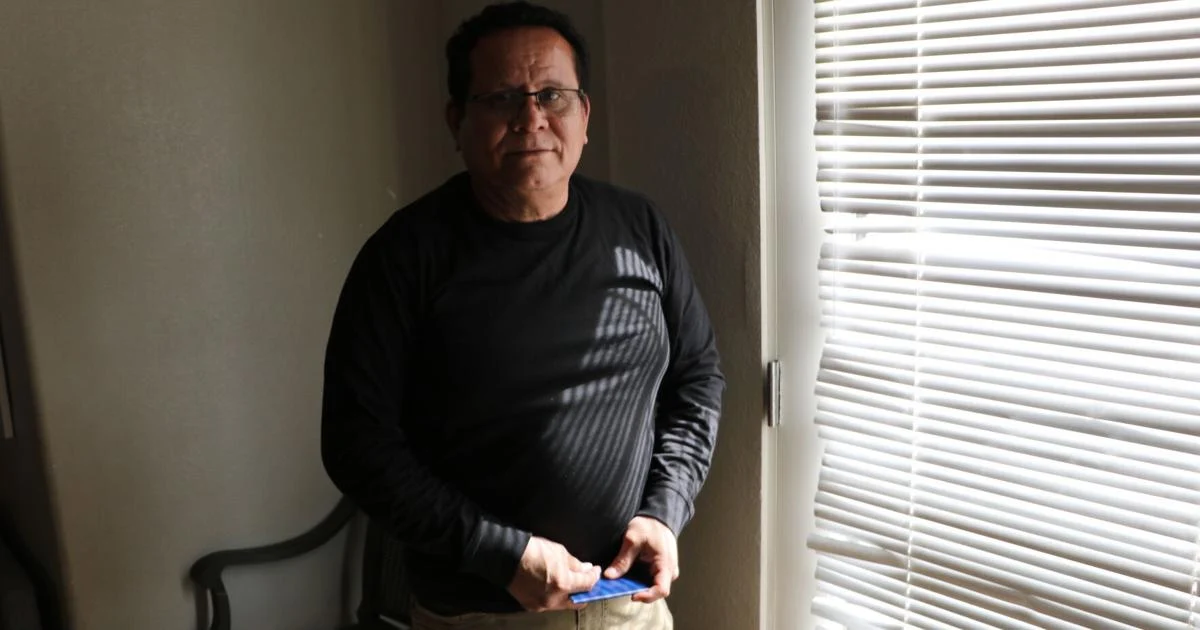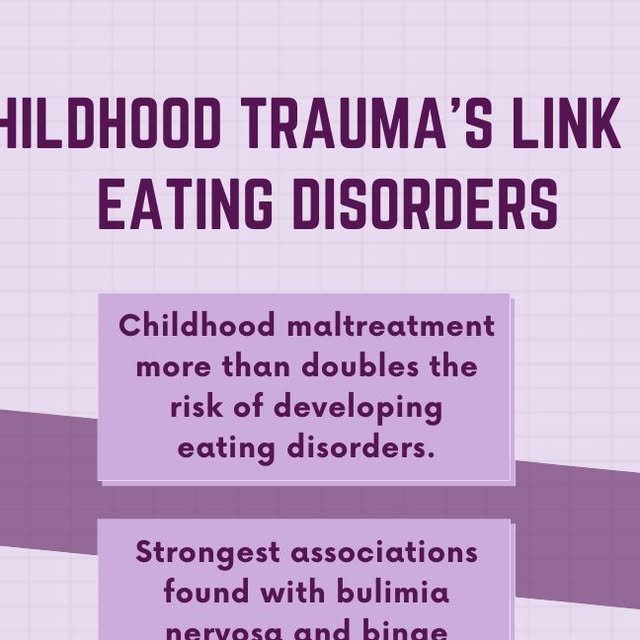In Silverthorne, Colorado, Adolfo Román García-Ramírez, a 57-year-old grocery cashier, constantly fears for his safety. Since moving from Nicaragua, where he was imprisoned for opposing an authoritarian regime, he has lived under the threat of deportation. His humanitarian parole expired recently, putting him at risk of being sent back to a country where he has already received death threats from authorities. He reflects on his past, recalling childhood tales of the ‘Mona Bruja,’ but now his nightmares involve U.S. Immigration and Customs Enforcement (ICE) instead.
Silverthorne, located near popular ski resorts Breckenridge and Vail, has become a refuge for García-Ramírez and others like him. However, the local Latino community faces heightened mental health challenges exacerbated by immigration fears. A recent survey indicated that over 80% of Latino respondents in the Western Slope region are deeply concerned about substance abuse, a rate significantly higher than in other areas of Colorado.
Suicide and substance use disorders are prevalent issues in Colorado’s mountain towns, driven by economic instability and seasonal employment fluctuations. Many residents work long hours in low-paying jobs, often leaving them without adequate health care or the time to address their mental health.
Asad Asad, a Stanford University sociologist, notes the compounded stress for Latino workers due to language barriers, cultural stigma, and socioeconomic challenges. ‘You’re not getting regular medical care. You’re working long hours, which probably means that you can’t take care of your own health,’ he explains. This situation worsens with the high cost of living and limited mental health resources in rural areas.
The political climate has intensified fears among immigrant populations. Although Vail and Breckenridge have not seen major ICE raids, nearby Routt County has reported detentions, causing many Latino residents to withdraw socially and avoid seeking necessary services. According to Paige Baker-Braxton, a director at Vail Health, visits from Spanish-speaking patients have dropped significantly, as many individuals choose isolation over the risk of deportation.
Juana Amaya, a Honduran immigrant, has worked as a house cleaner in Vail for over 40 years. She emphasizes the reluctance within her community to discuss mental health issues, stating, ‘We don’t like to talk about how we’re feeling, so we don’t realize that we’re dealing with a mental health problem.’ This silence is compounded by worries about family separation due to deportation, leaving many parents anxious about their children’s future.
Research led by Asad indicates that heightened deportation rhetoric can increase psychological distress among both undocumented immigrants and citizens. The stress experienced by parents often translates into negative outcomes for their children, affecting their health and educational achievements.
Despite these challenges, community organizations are stepping up. Initiatives in Summit County offer mental health workshops for immigrants, while Vail’s health system is set to open a new psychiatric facility. Local groups like Building Hope Summit County provide therapy session funding for uninsured individuals. These efforts aim to reduce barriers to care and support mental well-being among Latino residents.
García-Ramírez continues to navigate his life in Silverthorne, walking home from work each night with the weight of his fears. ‘If they deport me from here, I’d go directly to Nicaragua. Honestly, I don’t think I would last even a day,’ he says, illustrating the dire situation faced by many immigrants. As he confronts his reality, he focuses on the ground beneath his feet, determined to keep moving forward despite the uncertainty that lies ahead.



